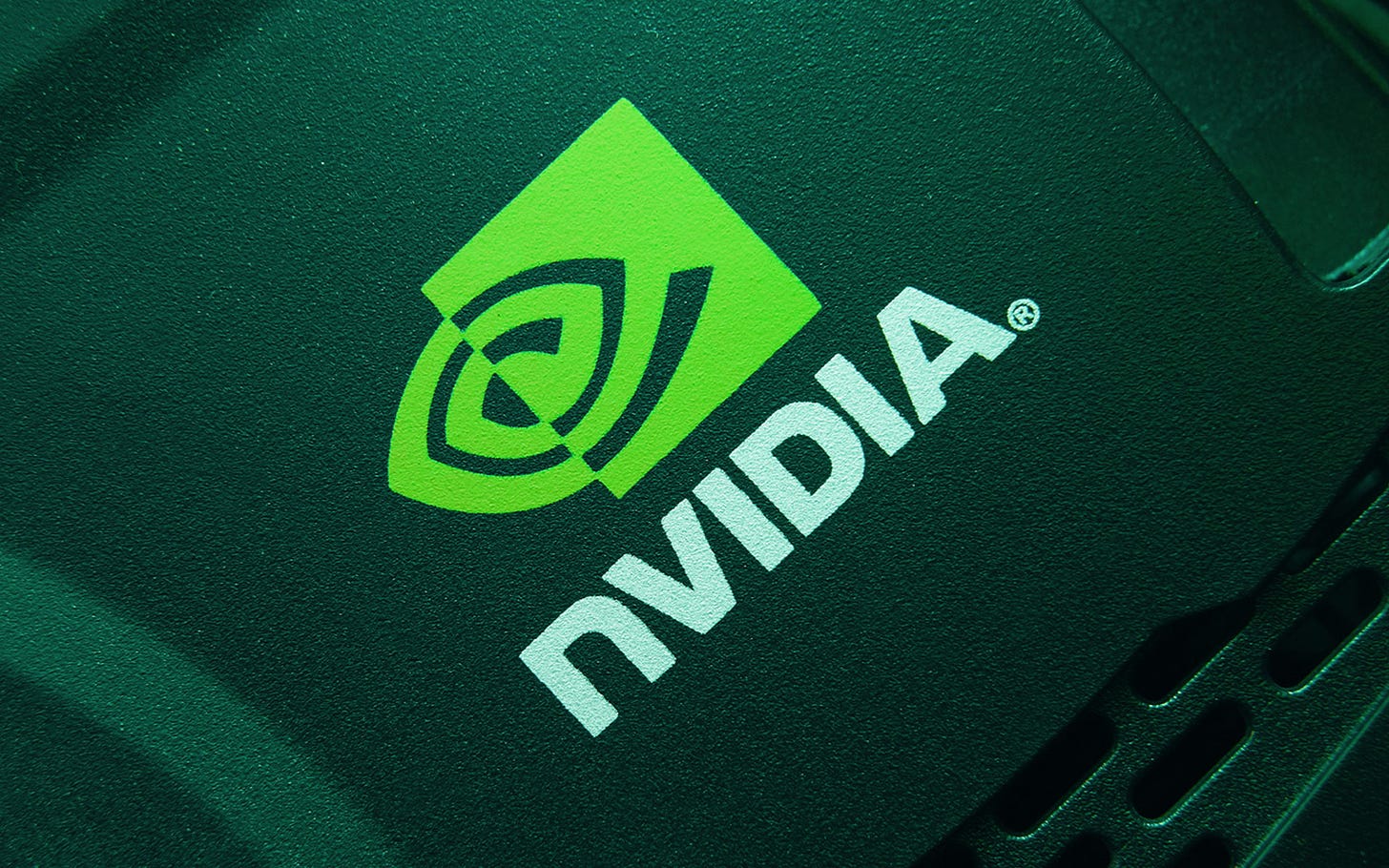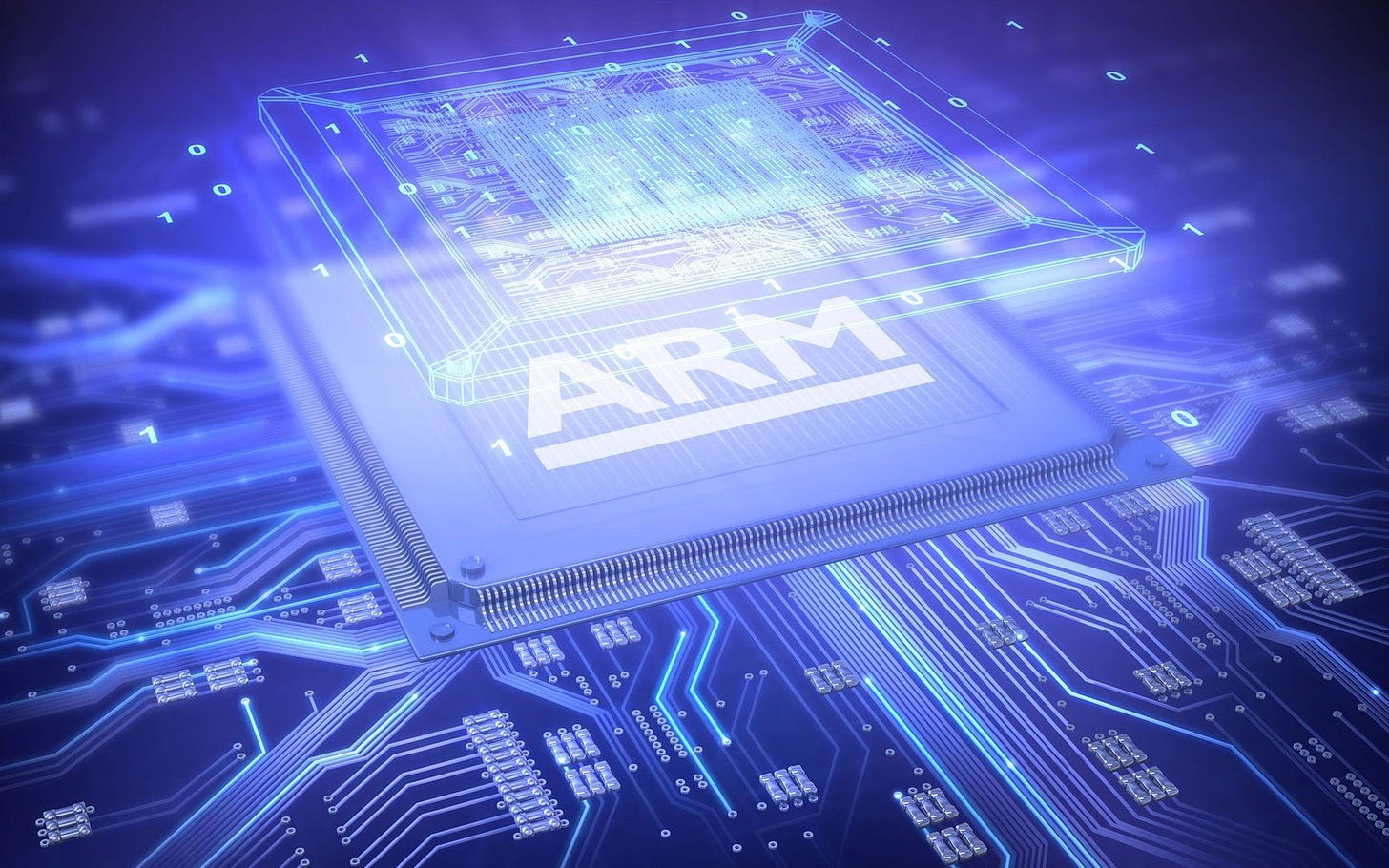nVidia not acquiring ARM after all
It may have been an overambitious plan to begin with, it's for the best for all involved - here's why

Well, yours truly called it back in December and it came to pass eventually: after almost a year and a half since nVidia announced its plans to acquire British chip designer ARM, the deal is officially off. The Financial Times broke the news earlier in the day, ARM’s parent company Softbank announced it shortly after and nVidia merely confirmed it a few hours later, thus closing the book on an acquisition that could have changed the course of modern computing had it not fallen through.
As part of terminating the acquisition process, nVidia will be paying $1.25 billion for failing to go through with the transaction but will remain a licensee of ARM “for decades to come” per Jensen Huang, founder and CEO of the company. Softbank will be reverting to its original plan for ARM, which was an IPO — most probably in the United States market — during its next financial year beginning April 1st. ARM’s current CEO, Simon Segars, will be stepping down to be replaced by Rene Haas, former head of IP.

The deal was always going to face regulatory hurdles, if nothing else for the implications of a top chip designer buying out another top chip designer (while both are looking at the same market segments and tech applications for future growth too). But this particular acquisition was met with suspicion or doubt by various regulatory bodies from the get-go and, as time passed, it faced more and more opposition in the US, the UK, various EU members and China. It was probably the FTC’s block via suing in December that proved too much of a hurdle for nVidia to overcome.
In retrospect, nVidia not acquiring ARM probably was for the best for everyone involved. ARM would not have remained independent in the long run, regardless of what nVidia claimed in order to placate regulators. nVidia would have paid dearly for ARM (the initial $40 billion acquisition cost had ballooned to almost $70 by now) without any guarantees of a successful merging or the absence of additional constraints a regulator-approved deal would have resulted in. It certainly was a much-promising deal, but also a risky one to begin with.

Most importantly, though, had the acquisition not fallen through, competition in the semiconductor market would have suffered greatly: ARM’s architecture is licensed by many popular manufacturers who would have to deal with a non-neutral company such as nVidia. Consumers would have reaped a few benefits short-term (such as high-powered devices integrating ARM CPUs and nVidia GPUs at low cost) but, long-term, nVidia’s hold on ARM’s patents would prove problematic for the majority of tech companies relying on them across different product categories and industries.
That scenario is averted for now. Maybe forever: while Softbank might still decide to sell ARM in the future, there’s only a handful of tech companies that can afford such an acquisition — and every one of them most probably paid close attention to what happened with regulators and nVidia. ARM is just too valuable to be sold off to another tech giant, especially in the current global semiconductor shortage climate that made everyone all too aware of the importance of chip availability.
There’s always the possibility, of course, that a non-tech company could decide to heavily invest in chip design and IP, acquiring ARM in order to play an influential role in the tech market at large. That would be a much harder deal to block, so… when is that IPO happening, again?


